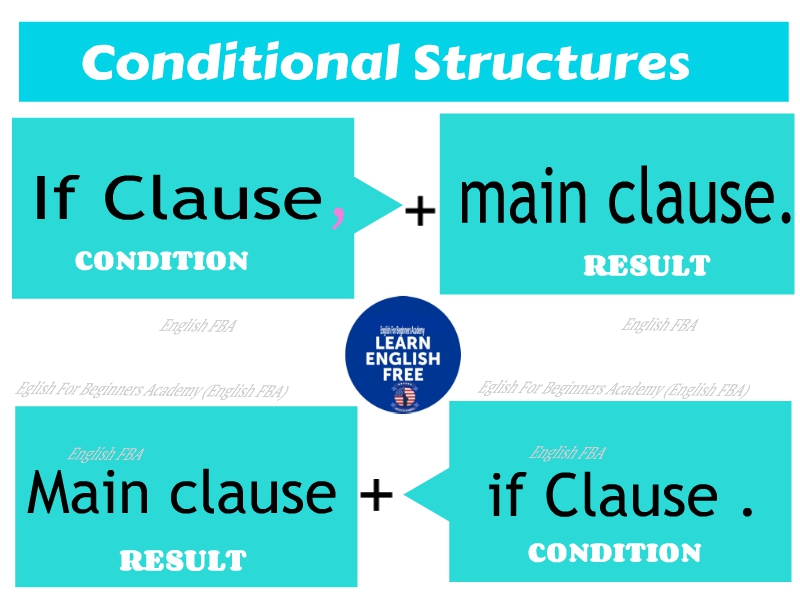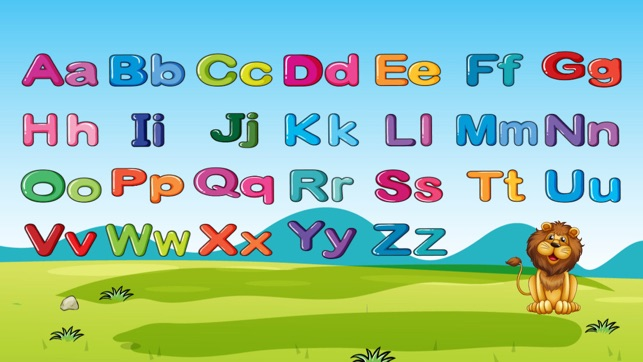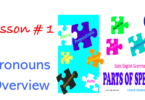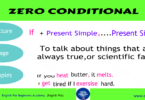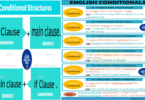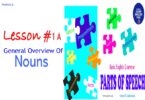Free Lesson:
The First Conditional: Real Present Or Future Possibilities
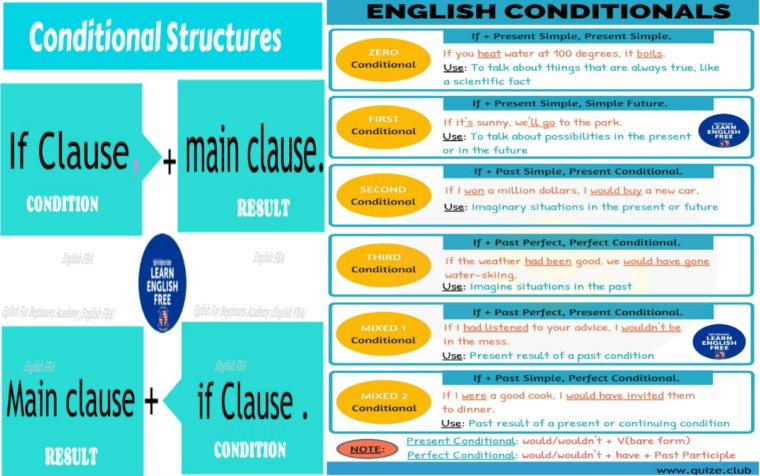
Hello and welcome back to English FBA (English For Beginners Academy).
In Today’s lesson, we will be talking about: First Conditional: Real Present Or Future Possibilities
Objective:
You will learn:
- The structure of the first conditional.
- When to use the first conditional.
Introduction
Conditionals can be a challenging and confusing aspect of the English language to grasp.
In the previous overview of conditionals, we explained that a”condition” means “situation or circumstance”; and by now, you should already know that conditionals are based on the fact that if a particular condition is true, then a particular result happens.
condition clause (cause) , + result clause (effect)
The following sections cover the first conditional and when to use it in the English language.
The Structure Of The First Conditional
If +Present Simple, + Future Simple
or ⇓ ⇓⇓
If +Present Simple,+ (S + will/won’t + verb(bare form))
Example:
- If it rains, will you take your umbrella? (interrogative form)
- Yes, if it rains, I will take my umbrella. (affirmative form)
- But, if it doesn’t rain, I won’t take it. (negative form)
Note!
- In this example, the condition is ‘rain’ and the result is ‘taking the umbrella’.In other words, if it doesn’t rain, I won’t take the umbrella with me: taking the umbrella depends on the weather.)
- Also, note that I included 3 sentences with different forms on purpose. I want you to understand that the use of the tenses must be respected regardless of the way the sentence is formed. The rule stays the same:(simple present + simple future)
When do we use the first conditional?
- The first conditional is commonly used to talk about possible plans, back up plans, promises, warnings, threats, or persuading someone.
- This conditional typically deals with future, real-world events that are pondered daily. In other words, it deals with issues that have a real possibility of occurring in the future. It refers to things that will possibly happen in the future if a condition is met.
Examples:
- If you eat this greasy food, you will throw up. (warning)
- If I have some free time tomorrow, I will help you with your project. (possible plan or promise)
- If we work hard, we will finish the project on time. (persuading)
- The kidnaper threatened the lady saying:
‘If you don’t send the money right now, you will never see your son again.'(threat)
Note!
- Sometimes, the first conditional uses the if/then structure and the words will, shall, can or may to convey the future action being considered.
The following sentences are examples of the first conditional:
-
-
If I can get the time off of work, then I will come to visit you in Florida.
-
If we don’t have what to cook for dinner, we may have to order pizza.
-
I can work from home if my internet connection gets fixed.
-
If it rains tomorrow, I shall go to the movies.
-
By: Najat A.
Thank you for reading our post. We hope you learned something new today, please don’t forget to share this article with your friends and family.
SHARE
[Sassy_Social_Share]

